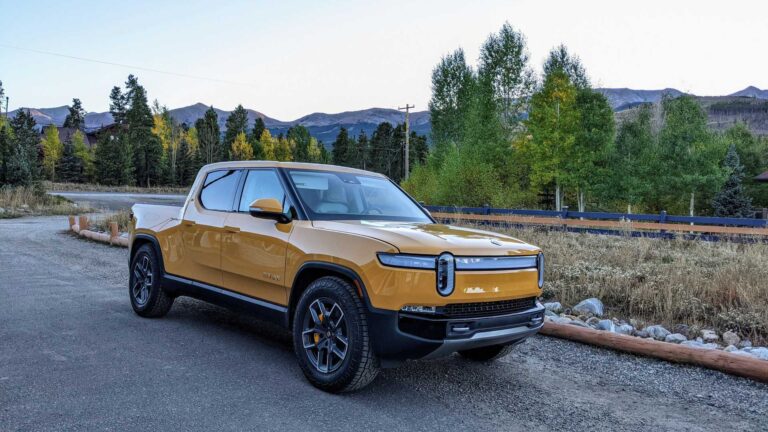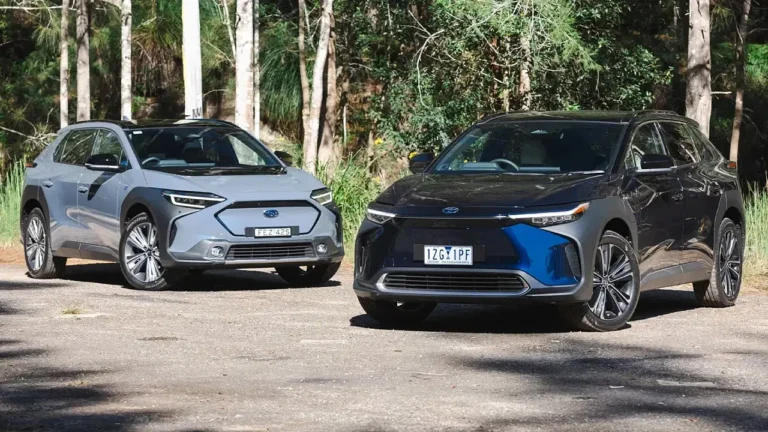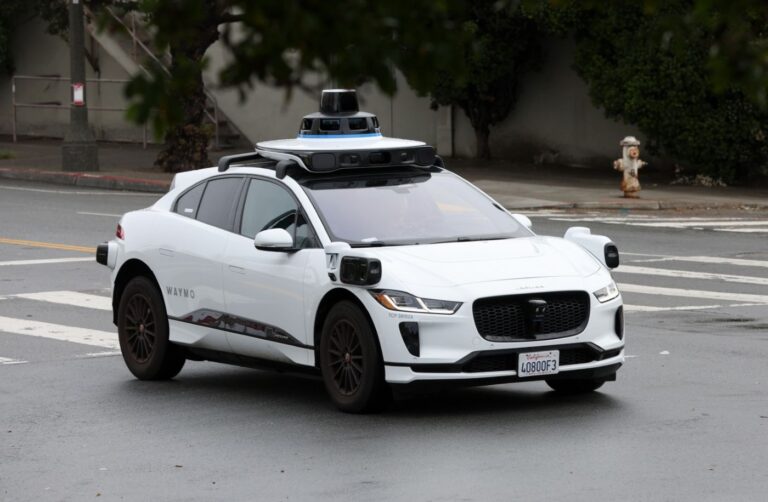Toyota’s $14 billion battery manufacturing facility in North Carolina is set to begin operations. With shipments starting next month, Toyota has already secured its first major customer.
According to a recent Nikkei report, beginning in fiscal 2025, Toyota will provide batteries for approximately 400,000 Honda hybrid vehicles sold in the U.S.
Currently, Honda sources its hybrid batteries from suppliers in China and Japan. However, like many automakers, Honda is making strategic adjustments in response to policy changes under Trump.
Honda’s electrified lineup, which includes both hybrid and fully electric vehicles, accounted for more than a quarter of its total U.S. sales last year. In 2024, the company sold over 308,500 hybrid models and 40,400 electric vehicles in the region. The newly sourced batteries are expected to power models like the Honda CR-V Hybrid and other hybrid vehicles.

Increasing Tariffs Drive Supply Chain Shifts
Earlier this month, an additional 10% tariff on Chinese imports took effect, adding to the 10% hike imposed in February.
More tariff increases are anticipated, including a significant jump from 2.5% to 25% on Japanese vehicle imports. The six largest Japanese automakers are projected to face an additional $20 billion in costs in the U.S. due to these tariffs.
For Honda alone, import tariffs on vehicles coming from Mexico and Canada could lead to an estimated $4.7 billion in extra costs. As part of Japan’s broader strategy to reduce reliance on Chinese suppliers for batteries and emerging technologies, Honda’s collaboration with Toyota marks a significant step in restructuring supply chains.

Toyota’s North Carolina Battery Plant: A Strategic Move
Toyota Battery Manufacturing North Carolina (TBMC), spanning over seven million square feet—equivalent to 121 football fields—is Toyota’s first in-house battery production facility outside Japan.
With Trump’s tariffs reshaping the industry, this plant could play a crucial role in Toyota’s long-term strategy. Securing Honda as a major battery customer will not only help Toyota cut costs but also accelerate production scaling.
Toyota aims to increase the share of electrified vehicles (including EVs, plug-in hybrids, and traditional hybrids) in its North American sales from approximately 40% last year to 80% by 2030.



